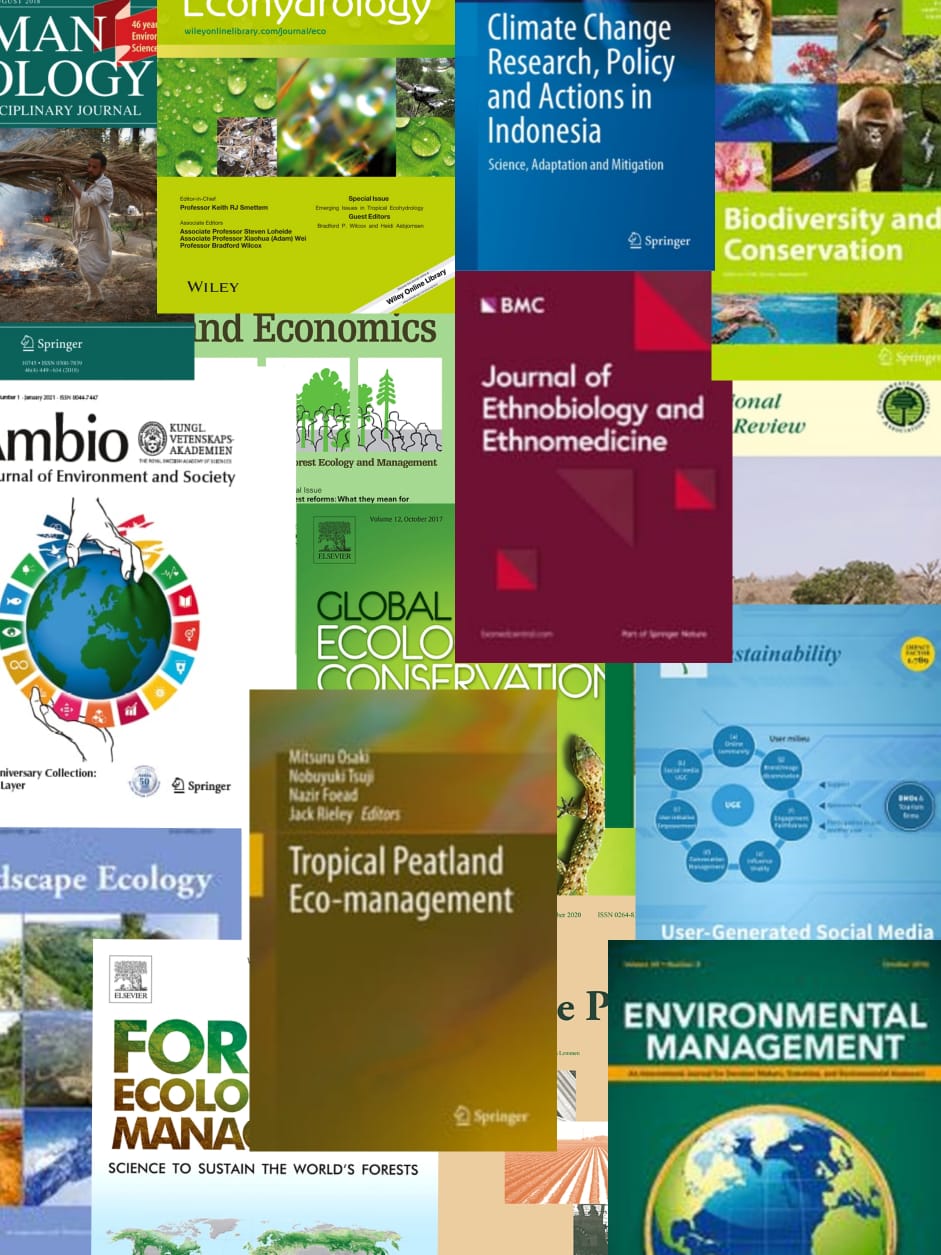Front and back cover caption, volume 22 issue 4 Front cover Destruction and fertility meet in this photograph of a swidden ('slash and burn') field cultivated by the Rmeet in highland Laos, illustrating Guido Sprenger's article in this issue. After the secondary forest has been burned from the plots, fresh rice stalks grow between charred stumps during the weeding season in June. A field hut, built each year on the newly cleared plot, can be seen in the background. The author's main informant, one of Takheung's village elders, waits for the author to catch up on the slippery paths. Although denigrated as unsustainable by governments and development agencies worldwide, and hotly debated by agricultural experts and policy-makers, swidden agriculture persists in mountainous areas where wet rice cultivation is difficult. Swiddening involves much more than mere subsistence, and anthropologists have been concerned for many decades with questions of its sustainability, as it forms a central focus for a way of life that integrates all aspects of community life, from economy to cosmology and the reproduction of social relations, including families and marriage ties, ritual and exchange, relations between humans and spirits and also identity. Guido Sprenger seeks to remind those with the power to make decisions over swidden agriculture of the importance of being well informed, as their decisions may radically influence an entire way of life. Back cover Islamic Charities Islamic charities are found all over the world and are mostly uncontroversial. Our back cover shows an appeal, with detachable banker's order form, for the orphan programme of the Beit Al-Khair ('house of charity') Society, a domestic charity in the United Arab Emirates launched in 1989. Almost every Islamic charity operates an orphan programme. Islamic charities have been subjected to close scrutiny, especially by the US Treasury, since 9/11, and are the subject of two books recently published by the university presses of Yale (by Matthew Levitt) and Cambridge (by J. Millard Burr and Robert O. Collins), which belong to the genre of counter-terrorism studies. Such studies emulate the methods of police investigators and financial regulators, making ample use of intelligence websites and newspaper reports and seeking to identify associative networks of culpable individuals and entities. The drawback of these studies is that they do scant justice to the positive aspects of Islamic charities and often attribute guilt by association, since charities blacklisted by the US Treasury have only limited rights of defence and appeal, though very few have been successfully prosecuted. Scrupulous social research, by contrast, tries to understand the words and deeds of charities and charity workers in the widest context. The social research published so far on Islamic charities has focused on their political aspects, including Western-Islamic relations, divisions among Muslims, and connections with opposition movements. In this issue of ANTHROPOLOGY TODAY Jonathan Benthall, who has been studying Islamic charities for 13 years, turns his attention to analysing the special opportunities that international Islamic charities can take advantage of in majority Muslim countries. His article outlines the work of the British-based Islamic Relief in the north of Mali, one of the world's poorest countries, with the implicit suggestion that more in-depth residential ethnographic fieldwork in such settings could yield valuable insights.
View source

